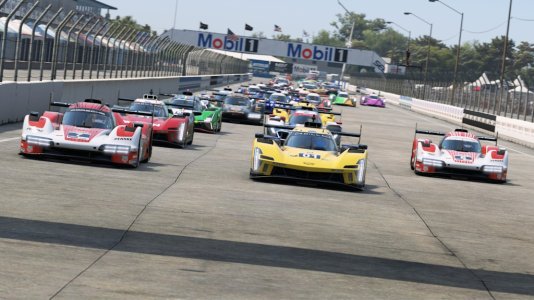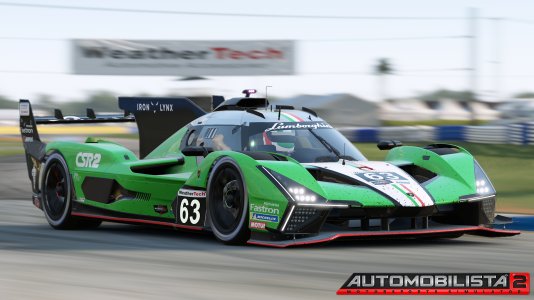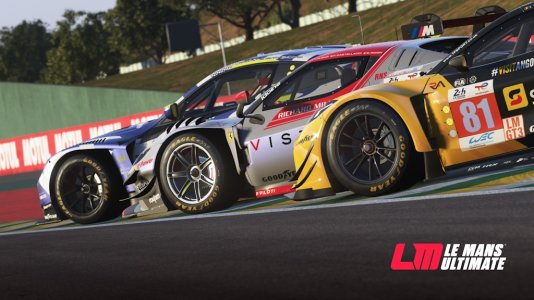It might not be possible to win or lose the title three races into what will be the longest season in Formula 1’s 67-year history, but with another Sunday in his favour, Nico Rosberg has to be liking his chances.
Making it a hat-trick of victories to start the season, Rosberg was treated to another leisurely Sunday drive thanks to a remarkable sequence of events that saw all his immediate rivals left fighting just to reach the podium at all. Lewis Hamilton battled reliability issues all weekend, the Ferraris hit each other after a first corner incident with Daniil Kvyat, and early leader Daniel Ricciardo suffered a left-rear puncture. If the first two races were a credit to his ability as a driver, this was more a case of being lucky than good.
Of course Rosberg won’t care, as he departs Shanghai with an ominous 36-point lead and the previously unattainable tag of the bookmakers’ favourite to win the driver’s championship. For a look at how he got there, and some of the other big talking points from the 2016 Chinese Grand Prix, read on.
Whether you see it as six-for-six or merely a hat-trick, it’s hard to deny the sizable advantage Nico Rosberg finds himself with in 2016.
After just three races, the German finds himself more than a win’s worth of points ahead of two-time defending champ Lewis Hamilton, with the latter unable to regain the advantage (assuming 1-2s in his favour forthwith) until the start of July.
And while it might be weird to start throwing around phrases such as “his year” in relation to Rosberg, it’s not like the Chinese GP weekend did anything to disprove the notion either, as his own continued stellar form aside, the fortunes of Hamilton can perhaps only be reasonably explained away if he’d spent his time since Bahrain desecrating ancient Indian burial sites. Before the weekend had even begun Rosberg had been gifted a head start with Hamilton’s gearbox penalty, and by the end of Q1 that advantage was the length of the field with the Brit’s engine failure. More damage in the race had Hamilton chewing through his tyres, leading to a seventh-place finish and a weekend that might’ve been the worst of his nearly ten-year career.
In contrast, for Rosberg it seemed like everything was coming up Milhouse. He was able to avoid the need for an early pitstop after setting his Q2 time on the slower (but more durable) soft tyre, and remained unchallenged for pole after both Kimi Raikkonen and Sebastian Vettel errored in their final Q3 runs. The race was more of the same with the aforementioned incidents befalling the Ferraris and Daniel Ricciardo, leaving Rosberg with the only real dilemma of which side of the track to pass backmarkers on. If the German was unimpressive in victory, it was because he had no chance to impress.
Impressive or not, what was remarkable about Rosberg’s race is where it leaves him in relation to history. This is a man who since his current teammate first joined him at Mercedes, has had the past working against him. Hamilton began their duel with a championship already to his name, and outpointed him in each of their previous three seasons. If anything, that history only got more damning as time went on, culminating with Hamilton trouncing Rosberg on the way to the 2015 title – and yet, now he has some pretty big history working for him rather than against. No driver has had as many wins without an accompanying world title, nor started the season 3-for-3 without winning the championship. He’s got six wins in a row. The speed, and the luck. What more could a prospective world champion ask for?
The Chinese GP weekend was supposed to be where Ferrari finally challenged Mercedes. Instead, it was the Scuderia who found itself being challenged.
Finishing 3-4 with Daniil Kvyat’s podium after a front-row start for Daniel Ricciardo, Red Bull were able to test Ferrari all the way to the chequered flag in what was undoubtedly their best performance of the season. In so doing they came into direct contact with the Scuderia, who with Chairman Sergio Marchionne watching, were left bitterly disappointed.
Unsurprisingly much of the talk after the race has been about the first corner incident between Kvyat and the two Ferraris (which for the record, was a racing incident that has been overblown thanks to Vettel’s animated post-race discussion with the Russian), but Sunday’s result also raises the question of just where Red Bull place on the totem pole. If the teams were ranked in tiers, Mercedes would still remain alone at the top, but would Ferrari remain similarly separate in the second tier? Or, has Red Bull also earned the designation of “win capable”, should Mercedes slip up?
Given Vettel still managed to put his damaged SF16-H in second, as well as Raikkonen having to fight from as far back as 20th, maybe Red Bull is still a little off, but perhaps closer than we previously thought. Ricciardo in particular was right with the Ferraris throughout qualy and the race, and had to put in his own stellar recovery drive to take fourth. This alone wouldn’t be cause for too much excitement, but with Renau “Tag Heuer” having 16 more tokens to spend on engine development for the rest of the season, they have every reason to be hopeful they can really cause an upset, particularly after the summer break.
So while this weekend didn’t herald the start of any championship power play for Red Bull, it’s the sort of result that will have them wanting at least one win by the end of the season, and Ferrari looking over their shoulder. As much as the Scuderia will look to ascend the perch it currently occupies, it might have a greater fight to remain its sole occupant. Then again, there’s a long season ahead – but boy, is it already a weird one.
Is Nico Rosberg the championship favourite? Can Red Bull challenge Ferrari for “best of the rest”? Was the Kvyat-Vettel clash more than a racing incident? Let us know your thoughts below.
Last edited by a moderator:









